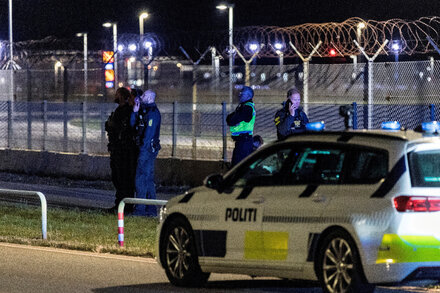The curtains have drawn on the latest edition of the Asia Cup, an event traditionally celebrated for its vibrant display of cricketing talent and regional camaraderie. However, for many observers and participants, the tournament concluded with a stark sentiment: a triumph of spirit and performance that ultimately felt overshadowed by persistent geopolitical tensions between India and Pakistan.
Despite thrilling matches and standout individual performances, particularly from the Pakistani squad, the narrative surrounding the tournament largely veered away from the pitch. Reports from the host nation indicated a constant undercurrent of diplomatic strain, security concerns, and intense media scrutiny, diverting attention from the competitive drama unfolding.
The Pakistani team, in particular, delivered a compelling performance throughout the tournament, reaching the final and engaging in several nail-biting encounters. Many critics lauded their resilience and skill, viewing their journey as a significant sporting achievement. However, even their on-field heroics struggled to fully emerge from the shadow of the broader bilateral relationship.
“It’s a bittersweet feeling,” commented a source close to the Pakistan Cricket Board, who requested anonymity due to the sensitivity of the subject. “Our boys played their hearts out, showed incredible talent and determination. To reach the final was a testament to their hard work. But the constant focus on what was happening off the field, the political discussions, the security concerns – it felt like the true essence of the sport was fighting for air. We had a triumph of cricket, but the trophy of recognition, in a broader sense, felt elusive.”
Leading up to and throughout the tournament, discussions about venue choices, player visas, and the future of bilateral series between the two cricketing giants dominated headlines. Every interaction, every public statement, and even the crowd behavior was often interpreted through a lens of political significance rather than pure sporting rivalry. This scrutiny, observers noted, created an atmosphere of heightened tension that many believed detracted from the experience for both players and fans.
Geopolitical Dynamics Permeate Sporting Arena
The perennial India-Pakistan cricket rivalry is one of the most anticipated fixtures in international sports, often attracting billions of viewers. However, the political relationship between the two nuclear-armed neighbors frequently spills over, impacting sporting exchanges. The recent Asia Cup proved to be no exception, with diplomatic friction once again becoming a central talking point.
“When India and Pakistan play, it’s never just a game; it’s a spectacle fraught with external pressures,” stated a veteran sports journalist covering the event. “This tournament, unfortunately, became a prime example of how geopolitical realities can overshadow even the most captivating sporting contests. While the players delivered memorable moments, the overarching narrative was less about cricketing prowess and more about the delicate balance of international relations.”
Despite calls from various quarters for sports to act as a bridge for dialogue and understanding, the reality on the ground often tells a different story. As the tournament concluded, the cricketing world reflected on a championship where exceptional athletic achievement vied for attention with the persistent, complex dynamics of regional politics, leaving many to ponder the true victor when the spirit of the game itself is under such immense pressure.
Source: Read the original article here.





